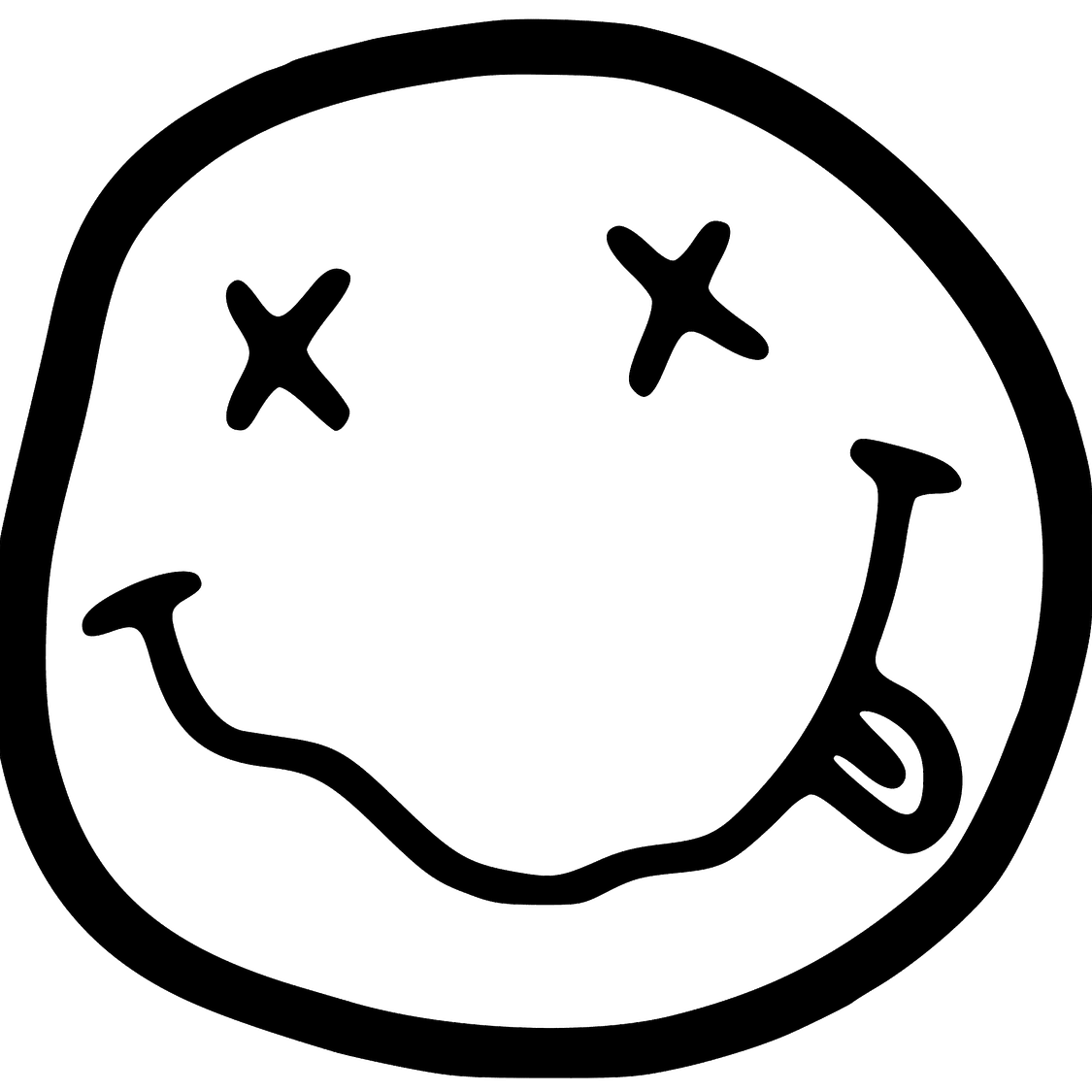Who were the Ionians and what did they do?
The contribution of Ionians to Greek culture was of major importance, including the Homeric epics and the earliest elegiac and iambic poetry. In the 6th century, Ionic rational thought dominated intellectual life, fostering the study of geography and nature and research into matter and the universe.
What were the Ionians known for?
Unlike the austere and militaristic Dorians, the Ionians are renowned for their love of philosophy, art, democracy, and pleasure – Ionian traits that were most famously expressed by the Athenians.
What were the Dorians known for?
The Dorians swept away the last of the declining Mycenaean and Minoan civilizations of southern Greece and plunged the region into a dark age out of which the Greek city-states began to emerge almost three centuries later.
What does Ionia mean in Greek?
Definition of Ionian 1 : a member of any of the Greek peoples who settled on the islands of the Aegean Sea and the western shore of Asia Minor toward the end of the second millennium b.c. 2 : a native or inhabitant of Ionia.
Who are the Ionians and why was the Ionian Revolt important?
The Ionian Revolt constituted the first major conflict between Greece and the Persian Empire, and as such represents the first phase of the Greco-Persian Wars. Although Asia Minor had been brought back into the Persian fold, Darius vowed to punish Athens and Eretria for their support of the revolt.
What happened to the Ionians?
Not able to capture the citadel, the Ionians set the city ablaze and retreated to Ephesus. Persians troops in the area met the Greeks at Ephesus and massacred most of them. The remaining Ionians scattered to the surrounding cities.
How would you describe the era of the Ionians in philosophy?
The Ionian school of Pre-Socratic philosophy was centred in Miletus, Ionia in the 6th century BC. Miletus and its environment was a thriving mercantile melting pot of current ideas of the time. The Ionian School included such thinkers as Thales, Anaximander, Anaximenes, Heraclitus, Anaxagoras, and Archelaus.
What does Dorian mean in history?
Definition of Dorian : a member of an ancient Hellenic race that completed the overthrow of Mycenaean civilization and settled especially in the Peloponnisos and Crete.
What does Dorian stand for?
Dorian literally means “of Doris,” a Greek district, or “of Doros,” referring to the son of Helen of Sparta. Dorian is also derived from the Greek word doron, meaning “gift.” The earliest literary mention of the Dorian people group is in “The Odyssey,” where they are found inhabiting the island of Crete.
Where did the Ionians settle?
It consisted of the northernmost territories of the Ionian League of Greek settlements. Never a unified state, it was named after the Ionian tribe who, in the Archaic Period (600–480 BC), settled mainly the shores and islands of the Aegean Sea….Ionia.
| Ionia (Ἰωνία) | |
|---|---|
| Roman province | Europe – Asia |
Why did the Ionians lose the Ionian Revolt?
The Ionian revolt failed because the European and the Asiatic Greeks did not combine. Sparta, the strongest military power did not come forward with the help it could render.
Who are the Ionians and why was the Ionian revolt important?
Why did Ionians and Dorians align with the Athenians?
He does make it clear that some Dorian states aligned or were forced to align with the Athenians while some Ionians went with the Lacedaemonians and that the motives for alignment were not always ethnic but were diverse.
What is a Dorian in ancient Greece?
Dorian, any member of a major division of the ancient Greek people, distinguished by a well-marked dialect and by their subdivision, within all their communities, into the “tribes” ( phylai) of Hylleis, Pamphyloi, and Dymanes. These three tribes were apparently quite separate in origin from the four tribes found among the Ionian Greeks.
What is an Ionian?
When referring to populations, “ Ionian ” defines several groups in Classical Greece. In its narrowest sense, the term referred to the region of Ionia in Asia Minor.
What is the difference between the Dorians and the Cydonians?
Of these peoples, according to Staphylus, the Dorians occupy the part toward the east, the Cydonians the western part, the Eteo-Cretans the southern; and to these last belongs the town Praisos, where is the temple of the Dictaean Zeus; whereas the other peoples, since they were more powerful, dwelt in the plains.
